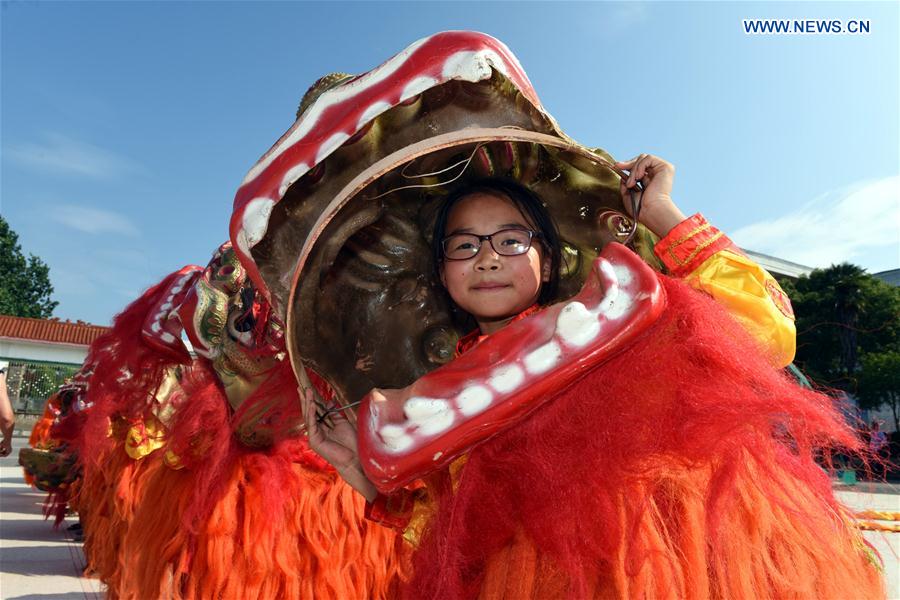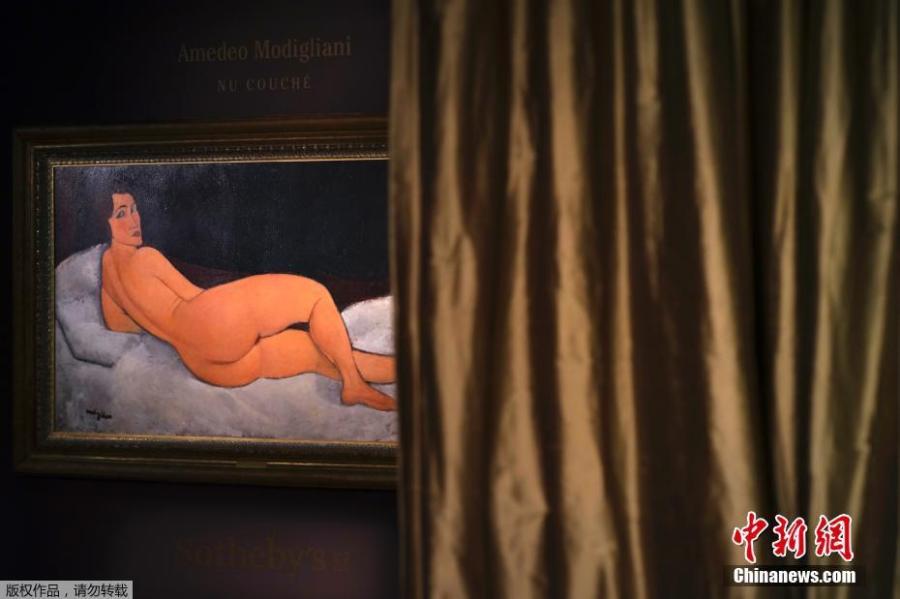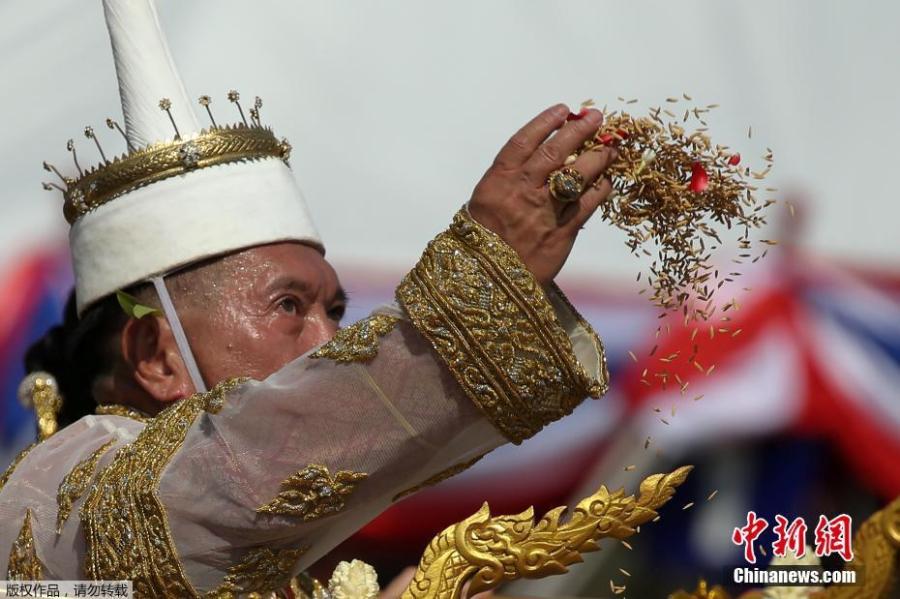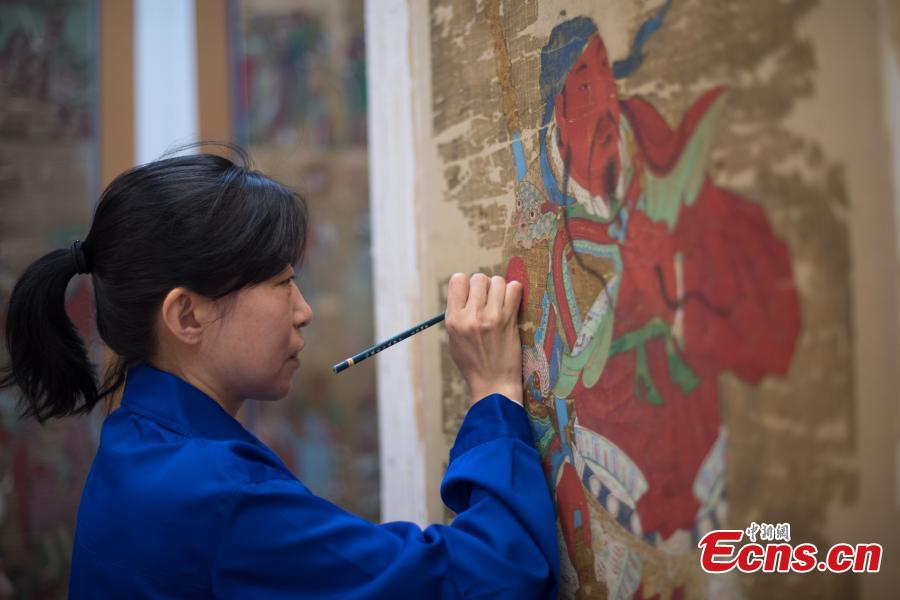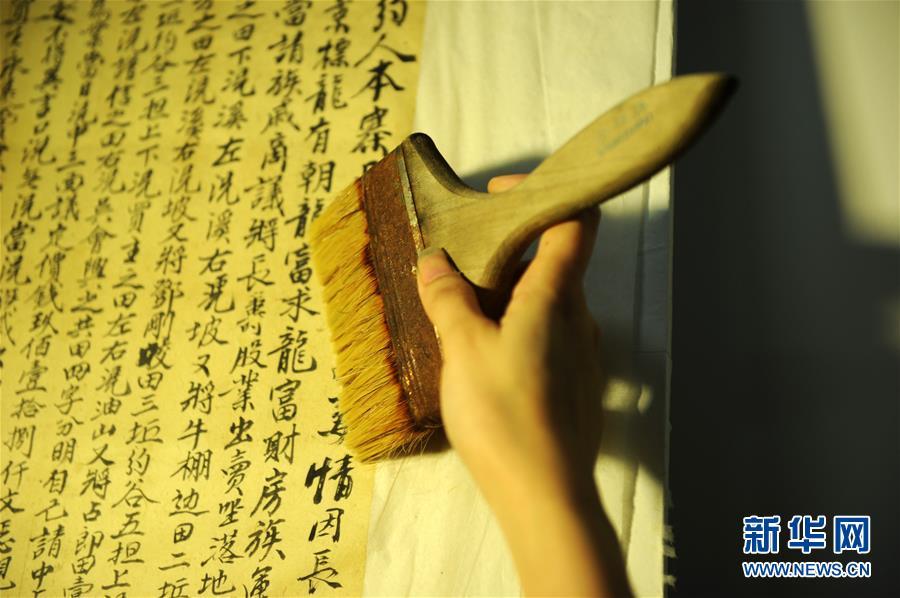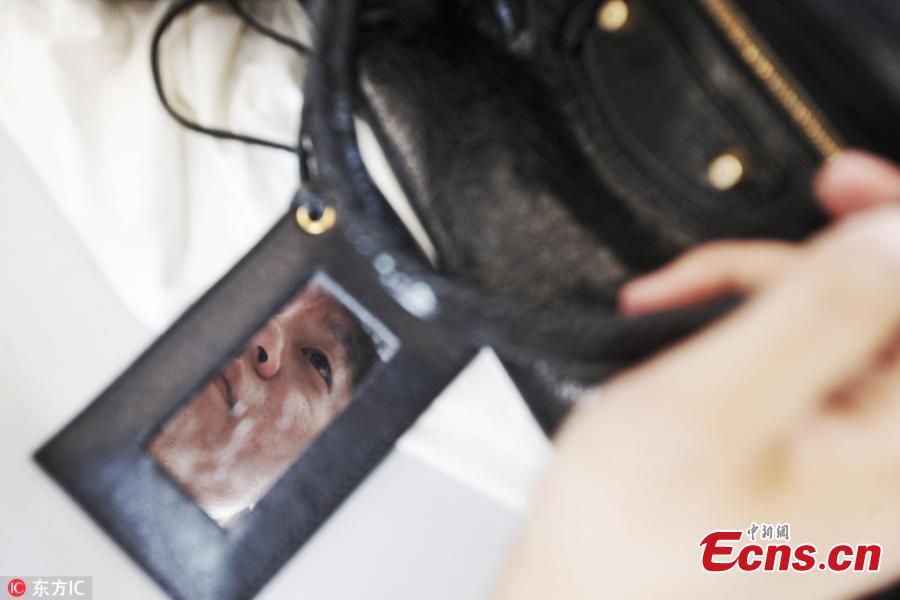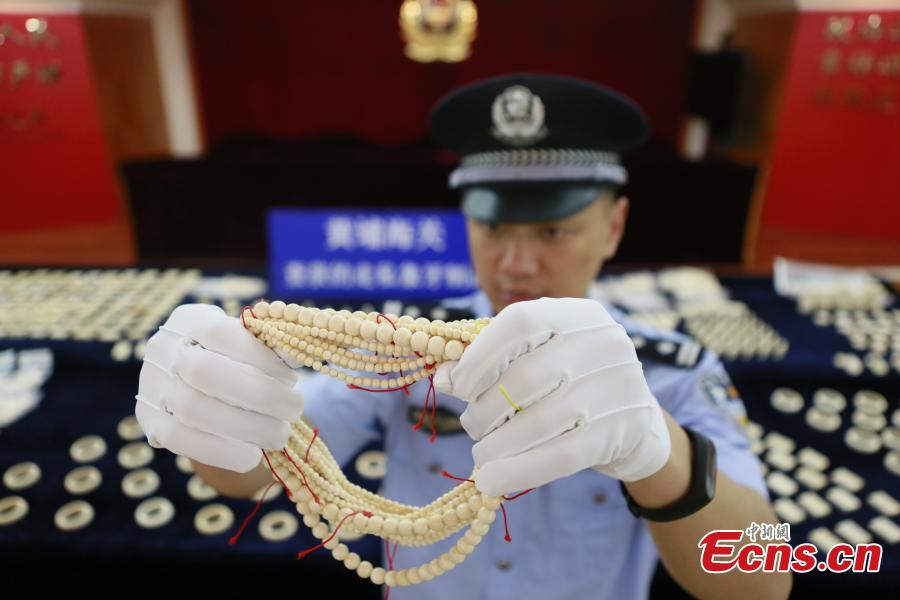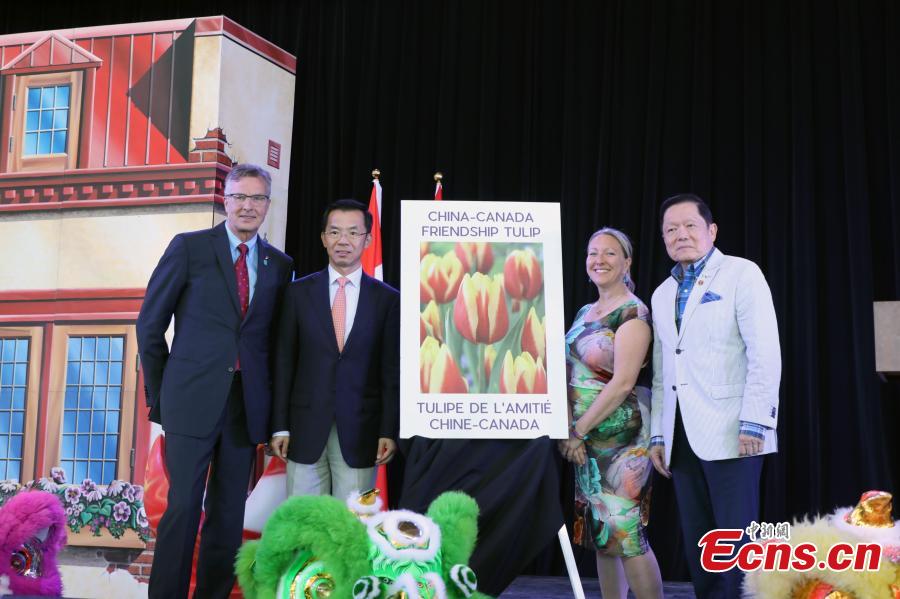Though an increasing number of activists are seeking greater reproductive rights for single women in China, experts warned that legal changes are unlikely to happen within five years out of moral concerns.
Zhan Yingying (pseudonym), a 29-year-old single woman and a lawyer from Guangzhou, South China's Guangdong Province sent a report on the study of single women's reproductive rights to the National Health Commission (NHC) and 31 local health departments on Monday, expecting to receive an official response.
The report, drafted by three Chinese NGOs in 2016, said that about 86.9 percent of the 2,801 respondents to a questionnaire said they support single women having reproductive rights.
According to a regulation on Assisted Reproductive Technology (ART) released by China's health authority in 2002, single women are not allowed to use the technology.
Northeast China's Jilin Province is the only region that issued a guideline in 2002 allowing single women who didn't want to get married to give birth using legal medical technology, but nobody has applied to use the technology in over a decade, the commission said.
Zhan told the Global Times on Monday that she feels increasingly confident that granting single women the right to use ART, or to freeze their eggs or use the sperm from sperm banks, is possible in China as the country faces declining fertility rates.
China's national fertility rate is 1.5 to 1.6, a rate that experts previously said is on the red line, going by the Low Fertility Trap Hypothesis.
In 2017, several national legislators proposed a national study to grant reproductive rights to single women in China. China's top health body replied in December that the country does not deny the reproductive rights of single women, vowing to conduct an investigation on the feasibility of freezing eggs of single women.
"China's current laws and regulations should not promote the use of ART among single women and it's almost impossible to do so in the next three to five years," Liu Changqiu, a health law expert and a research fellow at the Shanghai Academy of Social Sciences, told the Global Times on Monday.
Granting reproductive rights to single women by law contradicts China's traditional values, public order and customs, the 2017 reply also noted.
The relaxation might satisfy the needs of a small group, but could lead to larger social and moral risks, such as child abandonment, Liu added.
Legally allowing a single woman to have a child will also challenge the traditional family pattern consisting of a man and a woman, Liu said.










